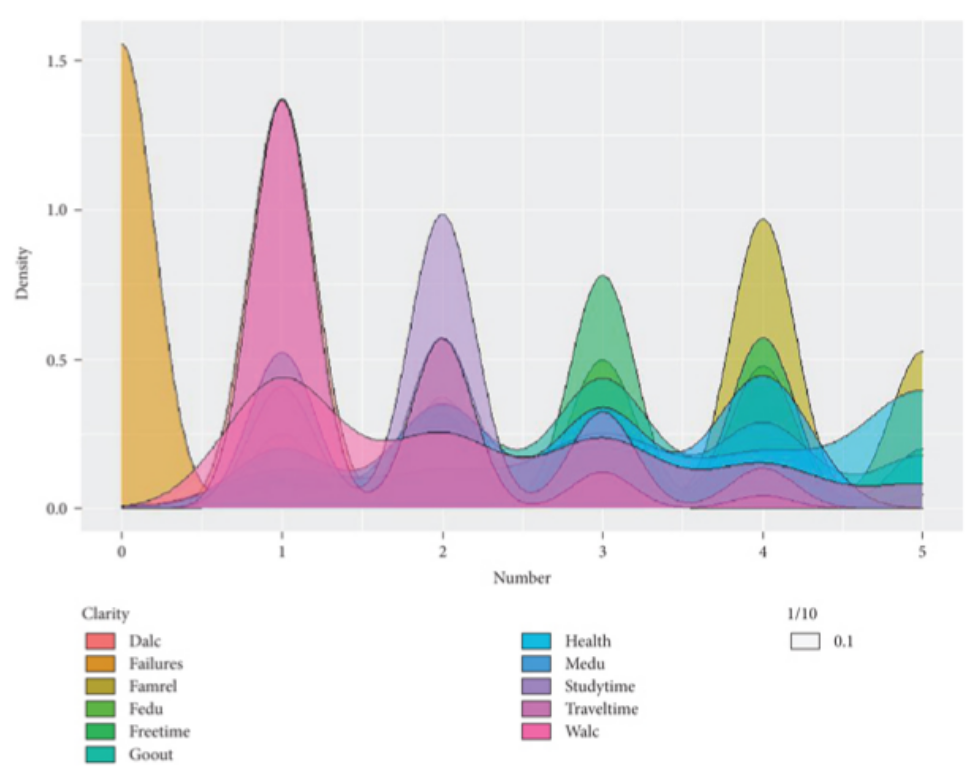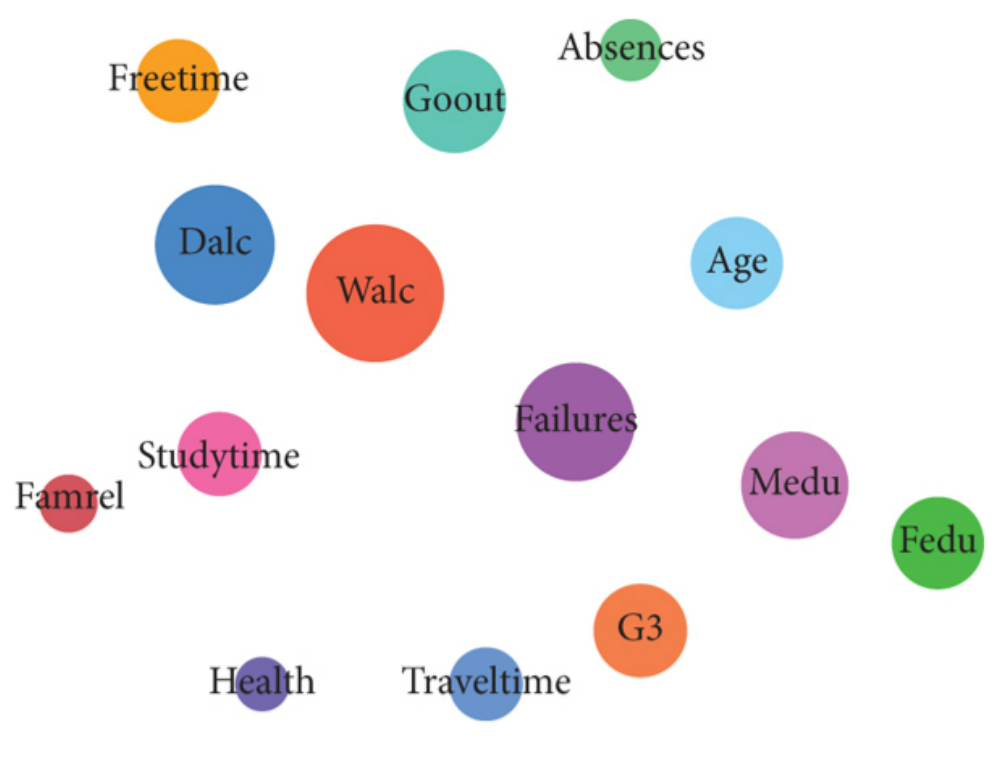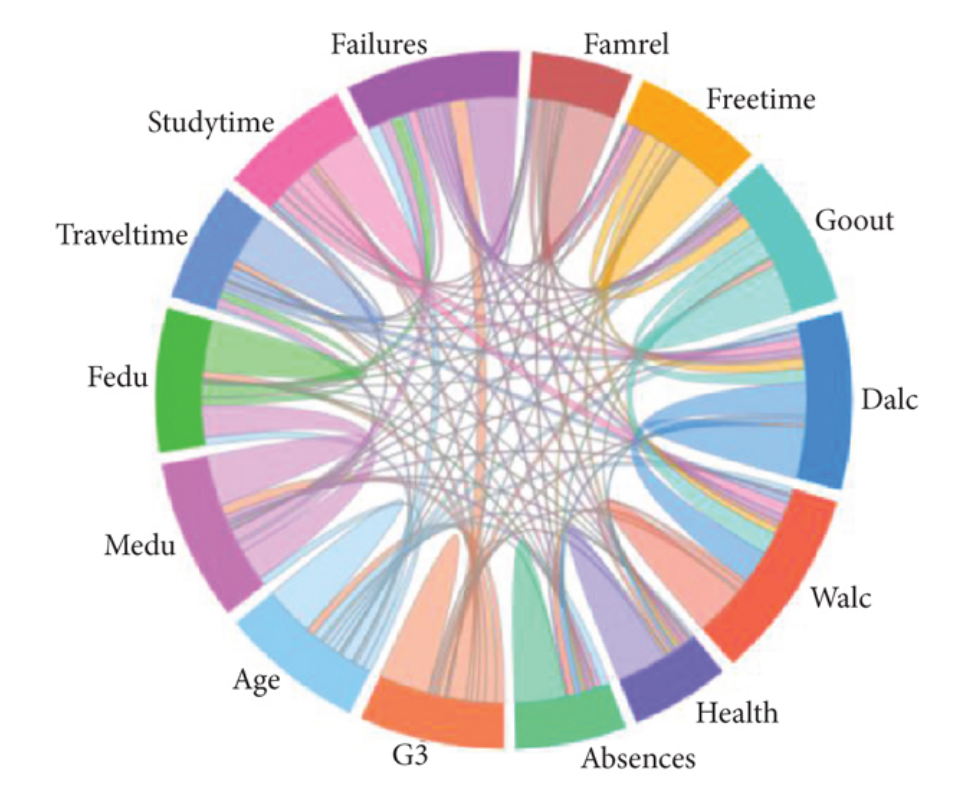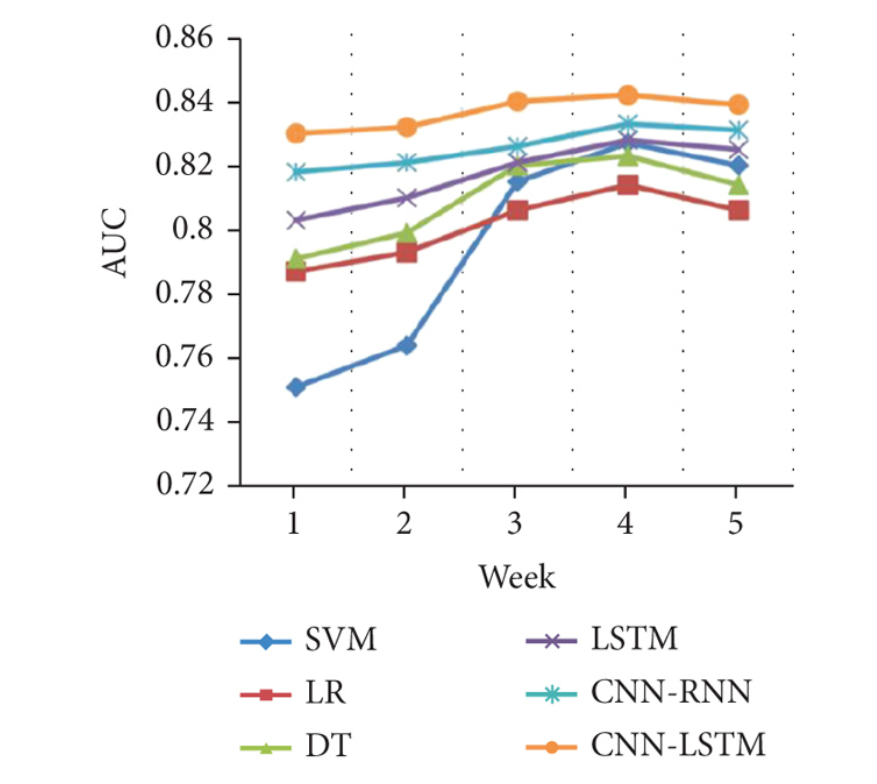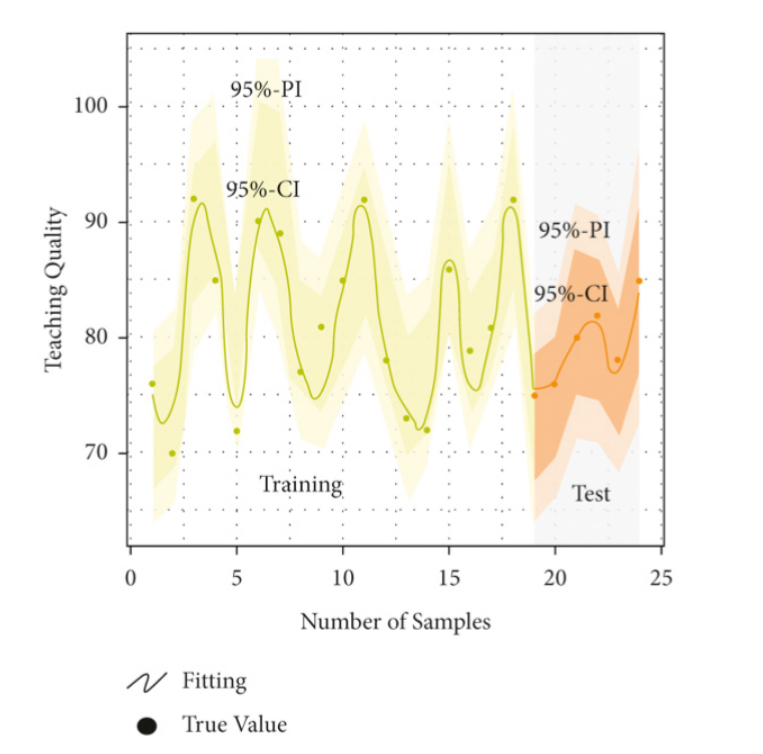 An open access journal
An open access journal
Embracing Diversity in Arts Education: Celebrating Cultural Heritage, Promoting Inclusion, and Nurturing Creativity
Abstract
This paper explores the significance of embracing diversity in arts education as a means to celebrate cultural heritage, promote inclusion, and nurture creativity. Drawing on literature from education, anthropology, and cultural studies, the paper examines the importance of valuing and incorporating diverse cultural perspectives, traditions, and practices in arts education curricula and pedagogies. It discusses how arts education can serve as a vehicle for cultural exchange, dialogue, and understanding, fostering appreciation for the richness and complexity of human expression across different cultural contexts. The paper highlights the transformative potential of multicultural arts education in challenging stereotypes, confronting biases, and building connections across cultural divides. It explores pedagogical strategies such as culturally responsive teaching, community-based arts projects, and collaborative intercultural exchanges that engage students in exploring and sharing their own cultural identities while learning about others. Through case studies and examples, the paper showcases successful initiatives in diversity-focused arts education, including arts festivals, cultural heritage preservation projects, and cross-cultural arts collaborations. Additionally, the paper addresses challenges such as cultural appropriation, tokenism, and the need for ongoing professional development in culturally relevant pedagogy. It concludes by advocating for a commitment to diversity and equity in arts education that empowers all students to see themselves reflected in the curriculum, while also expanding their understanding of the world and their place within it.
Share and Cite
Article Metrics
References
- Eisner, E. W. (2002). The Arts and the Creation of Mind. Yale University Press.
- Gay, G. (2010). Culturally Responsive Teaching: Theory, Research, and Practice (2nd ed.). Teachers College Press.
- Grant, C. A., & Sleeter, C. E. (2011). Doing Multicultural Education for Achievement and Equity. Routledge.
- Kincheloe, J. L., & Steinberg, S. R. (Eds.). (2010). Indigenous Knowledges in Education: Complexities, Dangers, and Profound Benefits. Routledge.
- Nieto, S. (2000). Affirming Diversity: The Sociopolitical Context of Multicultural Education (3rd ed.). Pearson.
- Sefton-Green, J. (2016). Learning at Not-School: A Review of Study, Theory, and Advocacy for Education in Non-formal Settings. MIT Press.
- Vygotsky, L. S. (1978). Mind in Society: The Development of Higher Psychological Processes. Harvard University Press.

